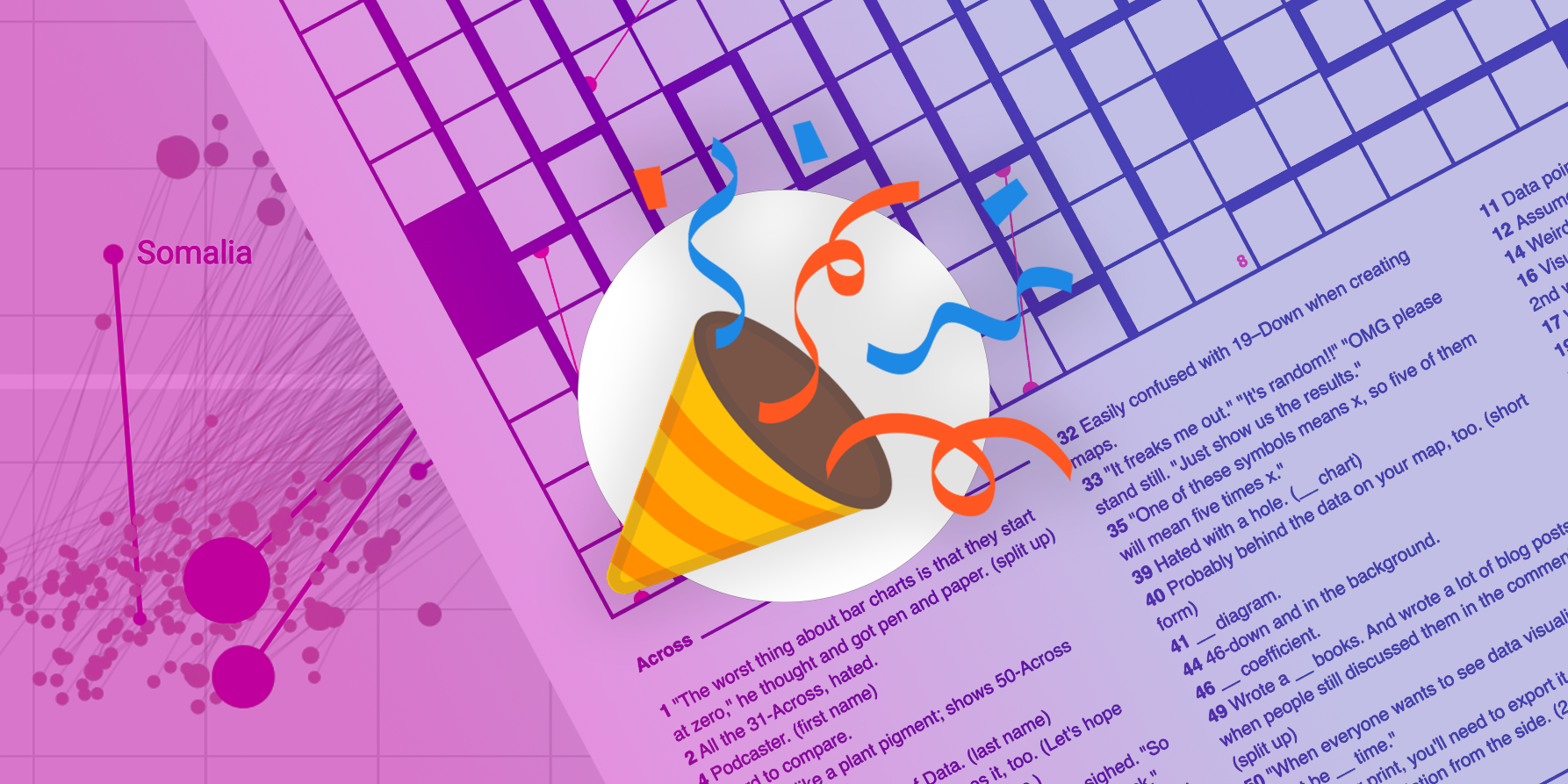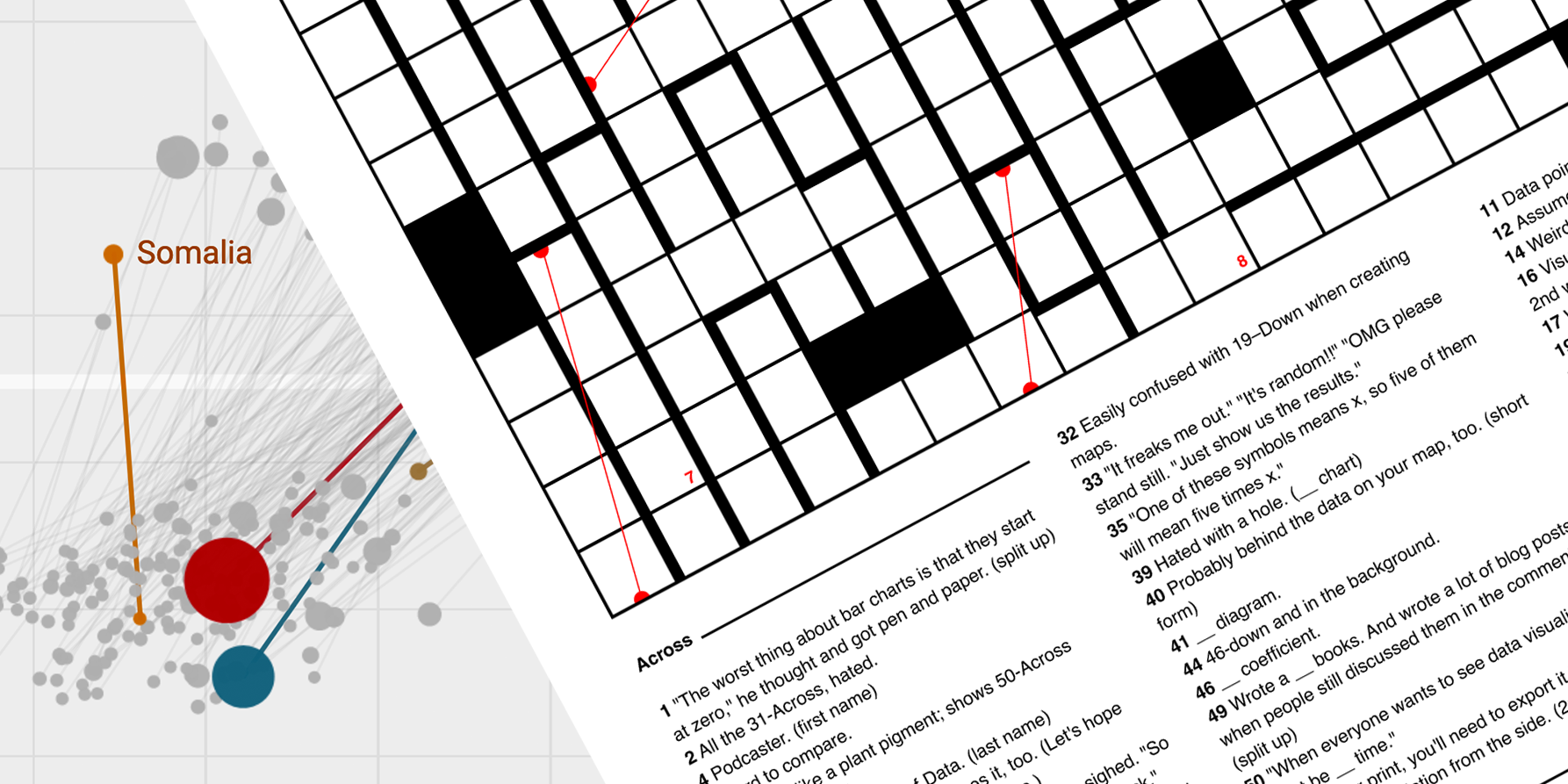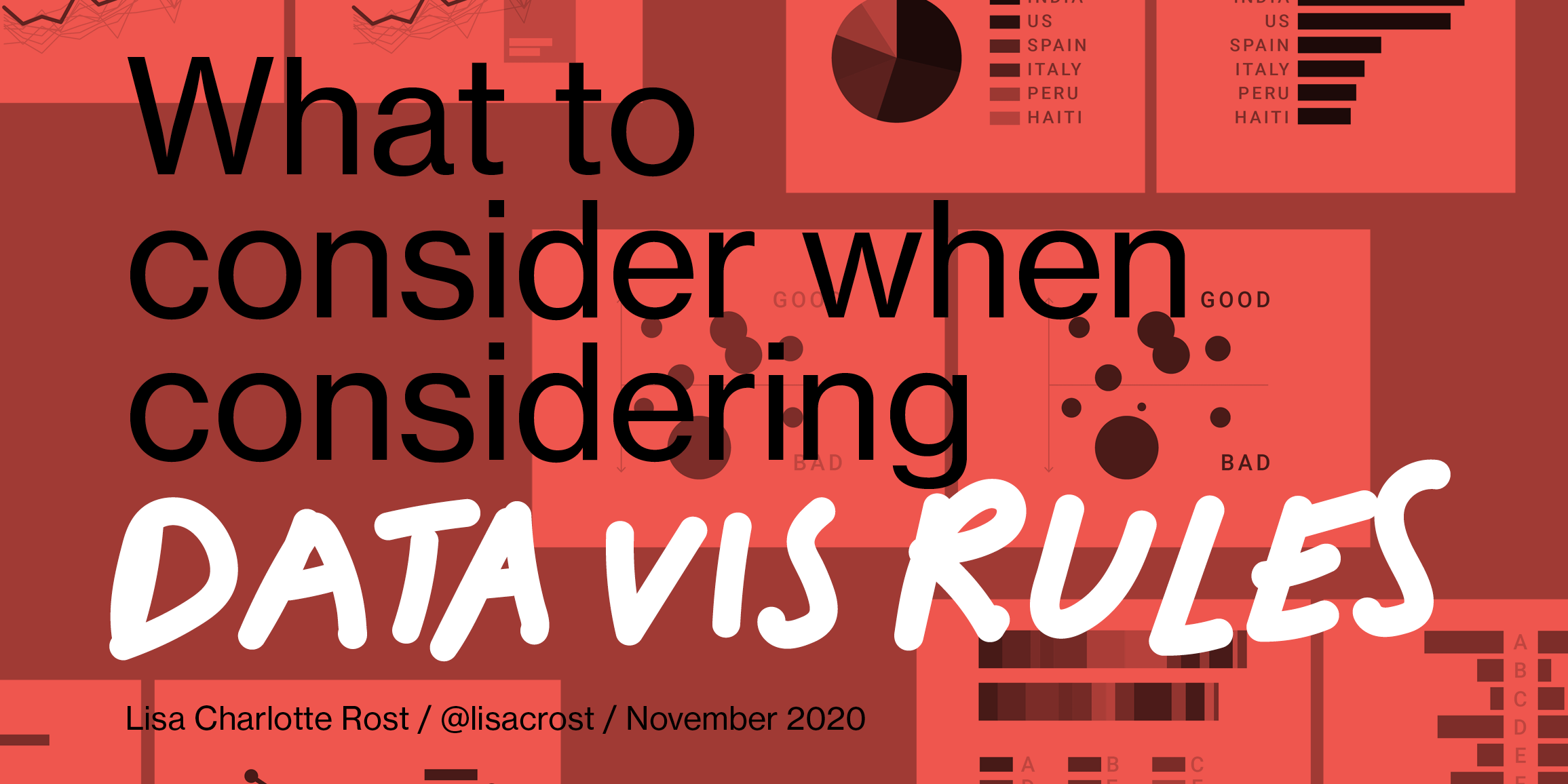
Two posts ago I asked the question "What's the difference between needs and desires?" Here's another answer: When people like Max-Neef talk about needs, they speak about how every human existence needs to satisfy all of them. When people like Reiss talk about desires, however, they point out that every human is different and that everybody needs to satisfy desires to a different extent in order to be fulfilled.
This idea results in models like the "Reiss-Profile": A chart that shows you how high you value which desires. But this chart lacks an important consequence: how much you're on the same page with your relationships.
Everybody values different desires high and low. But what you should want, is to find people who value similar things than you. It's hard to have friends who are super lazy sports-wise when you're running a marathon every weekend. It's annoying to be surrounded by people who can't plan when you value order and structure. Being surrounded by people with similar values creates harmony and can motivate you to achieve your goals. So that's good.
I built a visual model to compare the following aspects:
- How high you value a desire. E.g. I'm valuing "order" pretty high.
- What you would accept in a another person. That's the red bar and also an indicator for how important that desire is for you. E.g. I have an below-average value for "phsyical activity", but I don't care so much if another person values this high or low. However, good food is important for me and I want to share that joy, so the red bar for this desire is narrower.
- How high another person you want to compare yourself to values a desire (the green line)...
- ...and what this other person would accept in another person.
In the end you have different cases, which I drew in my model. I'm the red color, and let's assume person B is the green color. Let's call him Bob. If I want to see if Bob could be a long-term friend, I only need to pay attention to three of the four aspects: I don't care about what he would accept (the green bar), but only what I accept, how I am and who he is. Bob's pretty ok: He values order and physical activity similar as I do. But I won't have such a good time talking with him about food, and he's unacceptably not curious. Which is worse, maybe, is that he values acceptance extremely high. It seems like he dislikes that about himself, because he doesn't want to be surrounded by people who are as he is in this aspect – but still, it's far away from I find acceptable.
There are only five of the 16 desires according to Reiss – and only a fraction of what's possible to compare. One can compare not only desires or values, but interests, skills, habits, knowledge and everything else that's important for oneself. Happy judging!





